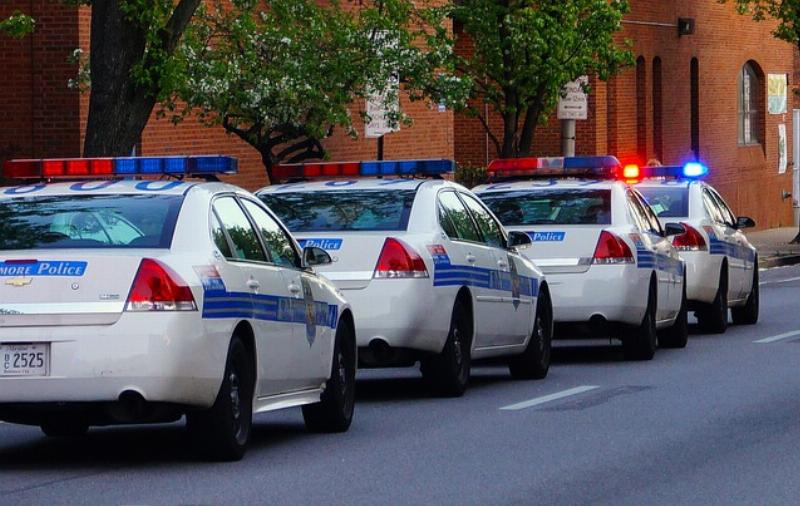


I suppose we’ve all seen YouTube videos of the police making traffic stops and having a hard time with the guy who has been pulled over. Sometimes the driver will sit in the car, unwilling to open the window as the officer approaches. Other times they will open it a crack, and, with their lips raised toward the little opening, they’ll ask, in a dismissive way, why you stopped them. It’s an attitude of contempt for someone they view as unworthy of their time. Others will immediately jump out of their vehicle and confront the cop with denials even before being told what their offense was.
During my 20 years as a cop in NYC, I had very little experience with writing tickets. Even though I realized the need for traffic enforcement, without which no one would be safe behind the wheel, I’d rather give a warning to the errant driver unless his actions could be imminently hazardous to himself or others. Perhaps my reasoning was that most offenders were basically law-abiding people who merely needed an occasional reminder that lapses in judgement may have serious consequences. Besides, I wanted to spend more time chasing down the robbers, rapists, burglars, et al., because their removal from the streets was a higher priority than issuing a summons to some hardworking 9-to-5 guy on his way home to dinner.
Before there were cell phone cameras to record every incident in their lives, people would generally accept, albeit reluctantly, that slip of paper being handed to them by the man in blue. Not anymore! As if responding to the Bard of Avon’s assertion that “all the world’s a stage,” amateur cinematographers will attempt to demonstrate their latent ability to produce documentaries. A typical example is when a cop walks up to the driver’s-side window and sees a rectangular-shaped object staring at him instead of a human face. As the camera rolls, the cop hears a familiar refrain. “Officer, why did you stop me?” When the particular infraction is spelled out, a voice will launch into a lecture about a person’s rights under the Constitution.
Although patience is a virtue, no cop should waste time debating the law with some wannabe Clarence Darrow. Nevertheless, we’re living in an era in which cops are being targeted with frivolous complaints and lawsuits. Moreover, our public guardians can’t be certain that their lawful actions will be defended by the higher-ups in police departments, who have more concern about the politics of a situation than about enforcing the law. Therefore, we’ve cultivated a weak-willed army of law enforcement personnel who fear the type of people they were hired to protect us from.
During the last few years of my NYPD service, I worked in an office at my station house. My job was to give a one-hour lecture each morning to the outgoing platoon. As a decorated cop, with extensive experience in arrest situations in uniform and undercover operations, I had enough respect from other cops to command their attention. In addition to updating them on the penal law and NYPD rules and procedures, I spent a good deal of time forewarning them about the dangers involved in street confrontations.
Among other advice, I emphasized the importance of taking control of every situation as soon as they arrive on the scene. It gives the public a sense of security when they see an authority figure in charge. If they fail to project a strong image, they’ll be viewed as weak and incompetent. I also underscored the need to be courteous but not allow themselves to be abused. Once they state their intentions, be it to issue a traffic ticket or place someone under arrest, they must not engage in a debate with the object of the police action. They should inform the person that any complaints can be addressed at the police station or the courthouse, not on the street.
In other words, they should never be talked out of a police action after a commitment is made. To do so makes them appear unsure of their authority.
I learned long ago that you will never make anyone happy by giving him a ticket, or by arresting him. The cop’s job is to protect the public, despite the anger and abuse from those who think they’re above the law.

Image via Pixabay.
